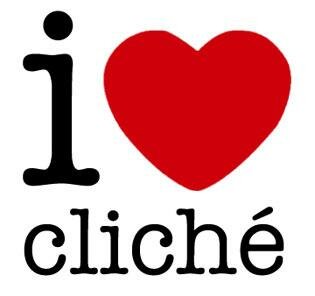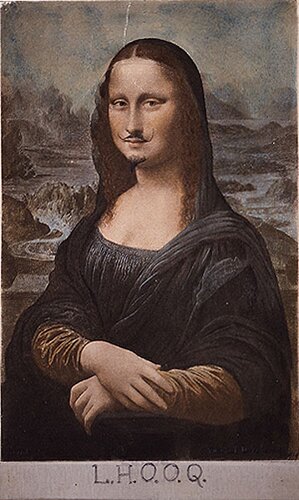CFP Issue 24: Taboo (2017)

“Saturn Devouring His Son,” Francisco Goya, c. 1819-1823
Taboo permeates all aspects of everyday life, acting as the boundary against which society polices human experience and experimentation. Frequently characterised as social or religious customs that proscribe particular ideas, practices, words or persons, taboos not only help define a set of shared rules for society, but also clarify the limitations of the accepted.
Kelly Hurley highlights the positive facets of taboo, suggesting that it is only through the enforcement of certain boundaries that humans might “continue to experience the world as an epistemologically stable site” (The Gothic Body 25). Mary Douglas, meanwhile, argues that although taboos act as a safeguard against social disorder, they often become repressive for members of society. In light of these contrasting views, are specific taboos indeed necessary for social stability, or do they simply hinder progress?
Taboos differ across cultures, religions, and time; yet certain forbidden practices like incest, cannibalism, and murder seem more universally regarded. Why might this be? Changing social standards also create new taboos that reflect a particular historical moment. Tracing the ways in which taboos arise and are challenged therefore not only reveals these standards, but also society’s anxieties, fears, and nightmares.
Issue 24 of FORUM seeks contributions from a range of disciplines that engage with the concept of taboo. To what extents are civilisations structured around taboos? How might taboos reveal the darker, or even the suppressed side of society? In what ways do art and literature provide avenues for the exploration of taboo? Do taboos inevitably drive the homogenisation of both landscapes and people? In what ways might breaking taboos offer opportunities for liberation? Are there some taboos that should never be broken? Suggested topics include, but are not limited to:
- Social
- Conformity and/or censorship (social, political, familial, sexual, linguistic, etc.)
- Shifting social norms and lifting taboo in public/private spheres
- Social etiquette and behaviour modification
- Prohibition and transgression
- Political correctness
- Universal taboos
- Culture-bound taboos
- Functions of taboo
- Euphemism
- Body
- Contagion and contamination
- Abjection
- Bodies and boundaries
- Conceptions of dis/ability
- The evolution of sexual and/or gender taboos
- Monstrosity
- Constructions of monstrosity (Medieval, Gothic, etc.)
- Monsters in society (serial killers, sexual offenders, cannibals)
- Aliens and interlopers
- Resistance
- Breaking taboo as a means of rebellion
- Forbidden words and ideas (the unthinkable/unspeakable)
- Deviance and social stigma
Papers must be between 3,000 – 5,000 words in length, formatted according to MLA guidelines. FORUM is also considering academic book reviews (1,000 words) and multimedia and alternative presentations for publication. Please e-mail your article, a short abstract and your academic CV in separate, clearly labelled DOC(X). files to editors@forumjournal.org by 27 February 2017. All eligible articles will be peer reviewed prior to publication. Only one submission per author per issue is permitted.
READ MORE ABOUT CFP ISSUE 24: TABOO (2017)

















